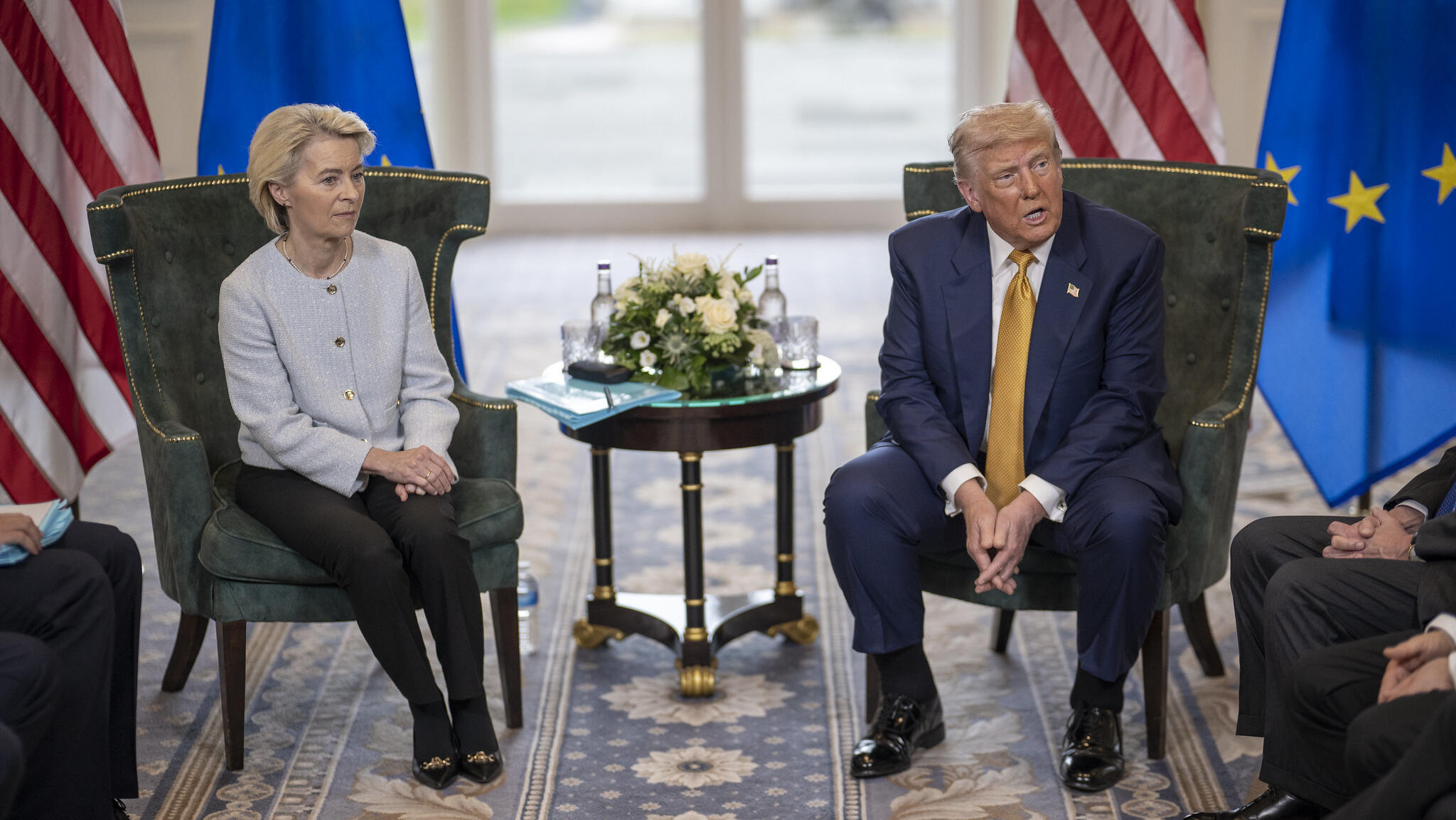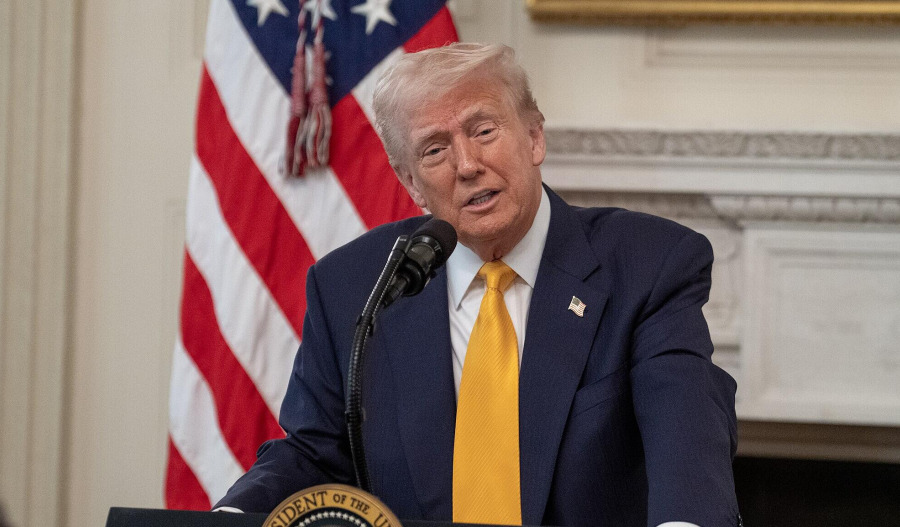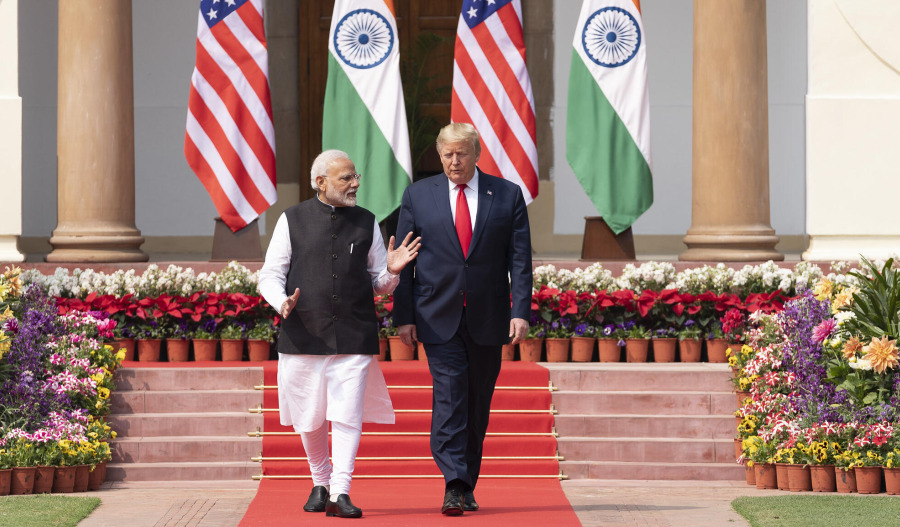The United States and European Union released specific details of their trade framework on Thursday, setting 15% tariff caps and securing spending pledges from Brussels worth over a whopping US$1.3 trillion (A$2.02 trillion) through to 2028.
From September 1st, several key European exports, including pharmaceuticals, semiconductors and wood, will cough up the capped levy for most EU goods entering America - a significant reduction from previously suggested rates.
“The United States and the European Union intend this Framework Agreement to be a first step in a process that can be further expanded over time to cover additional areas and continue to improve market access and increase their trade and investment relationship,” the pair said in a joint statement.
Key sectors receive clarity
Trump had threatened levies reaching 250% on pharmaceuticals at times, while also demanding American price reductions and domestic manufacturing shifts.
The automotive sector sees conditional benefits: car manufacturers face the 15% rate only after Brussels introduces legislation reducing industrial tariffs.
It's a substantial step back from Trump's earlier 30% threats and cuts the existing 27.5% rate nearly in half.
The German Association of the Automotive Industry warned that even 15% tariffs would "cost German automotive companies billions annually" during their transformation period.
Europe has also committed to purchasing US$750 billion worth of American energy over the next three years, with LNG, oil and nuclear products on the cards.
There's also a US$40 billion pledge to buy American AI chips and a promised US$600 billion in broader U.S. investments across strategic sectors.
However, CNBC noted these figures are described as "intended and expected" rather than guaranteed commitments - raising questions about enforceability.
And without naming a figure, the EU also plans "substantial" increases in American military and defence equipment spending.
Washington agreed to apply only standard trade rates to European cork, aircraft parts, and generic pharmaceuticals from September.
Both sides have committed to mutual recognition of automotive standards and enhanced cooperation on cybersecurity assessments.
Brussels promised to address American concerns about its deforestation regulation and carbon border adjustment mechanism, providing additional flexibilities for U.S. small businesses.
The framework represents Trump's first major bilateral trade agreement, though critics question whether Europe's ambitious spending commitments will materialise as promised.



